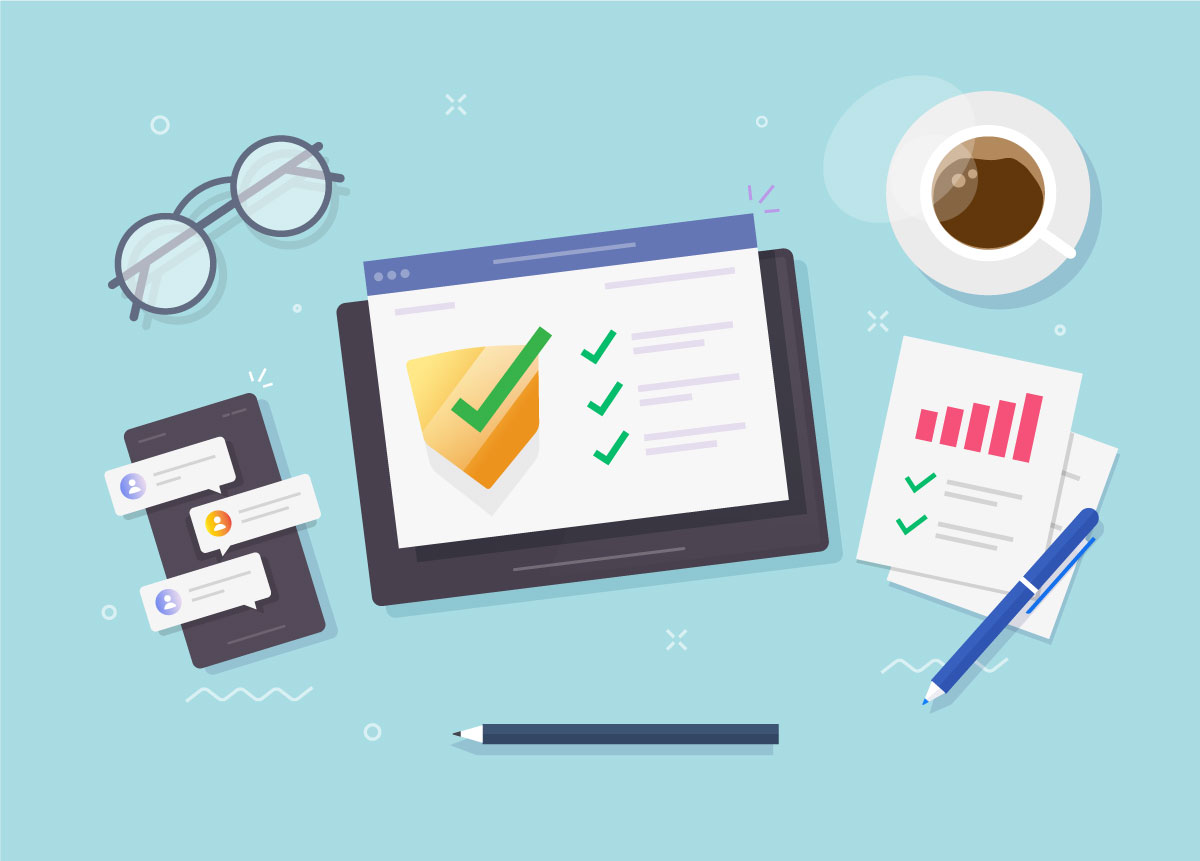Small Business Administration (SBA) loans are very popular among business owners for several reasons. It’s worth taking the time to learn about them and to see how they compare to other financing options if you need a loan for a startup or to expand an existing business.
How Do SBA Loans Work?
SBA loans are a type of financing that is specifically for small businesses. These loans can be used for many different purposes including:
- Business startup costs
- Inventory
- Working capital
- Real estate
- Facilities construction or remodeling
- Other business needs
SBA loans are offered by private lenders that have partnered with the SBA. It’s important to point out that the SBA is not a direct lender. All SBA loans are offered by banks, credit unions, and other financial institutions.
Although the SBA does not offer small business loans directly, it does set the guidelines for them. The SBA also guarantees a certain percentage of some of the loans. This significantly decreases lenders’ risk, which makes these loans easier to qualify for than other types of business financing.
SBA Loans Advantages
SBA loans have several potential advantages over traditional loans. With an SBA loan, you could potentially save money on interest and fees and possibly have more time to repay the money you borrowed. Consider the following benefits associated with SBA loans.
Interest rates are capped
The interest rates for SBA loans are typically lower than other small business financing options. This is because the SBA caps the amount of interest that lenders can charge. Interest rates for SBA loans vary depending on the lender, but they are guaranteed not to exceed certain amounts.
Generous repayment terms
Repayment terms for SBA loans depend on the type of loan you are applying for and its purpose. Terms of up to 10 years are common for machinery, working capital, and equipment. Terms of up to 25 years may be available for real estate.
Low down payment requirements
High down payment requirements are a stumbling block for many startups and existing businesses that want to expand. When cash flow is tight, revenue must be reinvested in the business to cover operating expenses. Depending on the SBA loan type, the down payment requirement may be as low as 10%.
New and established businesses can apply
Because SBA loans are backed by the government, lenders are more willing to approve them for startups. You must still have a solid business plan, and collateral or a personal guarantee may also be required.
Different Types of SBA Loans
A variety of SBA loans are offered to accommodate the needs of different borrowers. Three of the most common are 504 loans, 7(a) loans, and Express loans.
Although each loan type has specific eligibility requirements, borrowers must also meet certain general requirements including:
- Must be a for-profit business
- Must operate in the U.S. or its territories
- The owner must have invested equity into the business
- The owner must have tried to obtain funding from other sources first
- There must be a demonstrated need for the funding
- Must be a small business as defined by the SBA
- The business cannot be past due on any other government debt
SBA 504 Loan
SBA 504 loans can only be used to purchase large equipment or real estate or to make improvements to existing facilities. Up to $5.5 million can be borrowed, and, depending on what the loan will be used for, terms of 10, 20, and 25 years are available.
SBA 504 loans can only be obtained through Certified Development Companies (CDCs), which are organizations that promote local economic development. The down payment requirement for these loans is between 10% and 20%. Interest rates are tied to U.S. Treasury Notes and are usually around 3% of the borrowed amount.
In addition to the general SBA loan requirements to qualify, businesses must also:
- Have a tangible net worth of less than $15 million
- Have an average net income for the past two years of less than $5 million
SBA 7(a) Loan
This is the most popular SBA loan because it can be used for many different purposes. 7(a) loans are issued by banks, credit unions, and other financial institutions, and up to $5 million can be borrowed. Depending on what the loan will be used for, terms of 10 and 25 years are available.
7(a) loans are partially guaranteed by the SBA. For loan amounts up to $150,000, 85% is guaranteed. For loan amounts over $150,000, 75% is guaranteed.
Interest rates on these loans vary depending on the lender but cannot exceed a maximum rate designated by the SBA. Also, a down payment may be required, although it is usually no more than 10% of the loan amount.
To qualify for a 7(a) loan, applicants must meet the general SBA loan requirements and have a strong credit score. Lenders may have additional qualification requirements.
SBA Express Loan
Express loans are a type of 7(a) loan and can also be used for many different purposes. Up to $500,000 can be borrowed, and the terms are 10 years for most business needs. Terms of 25 years are available for real estate purchases. The interest rates for these loans are similar to 7(a) loans.
The main advantage of choosing an Express loan over the standard 7(a) loan is the speed of loan approval. While 7(a) loans may take several weeks or longer to be processed, Express loans are typically processed within 36 hours.
What is an SBA Loan? Learn More With Wasatch Peaks!
If you think you may be ready to take the next steps toward an SBA loan, Wasatch Peaks Credit Union can help!
As an SBA-approved partner, we offer 504, 7(a), and Express loans. If you aren’t sure which loan to choose, one of our experienced financial advisors can help you select the best one for your needs.
A financial advisor can also provide you with a list of documentation you will need to make sure the loan application process is smooth and efficient. The time it takes to process SBA loans varies. Click below to find out more about how long it takes to get an SBA loan.



